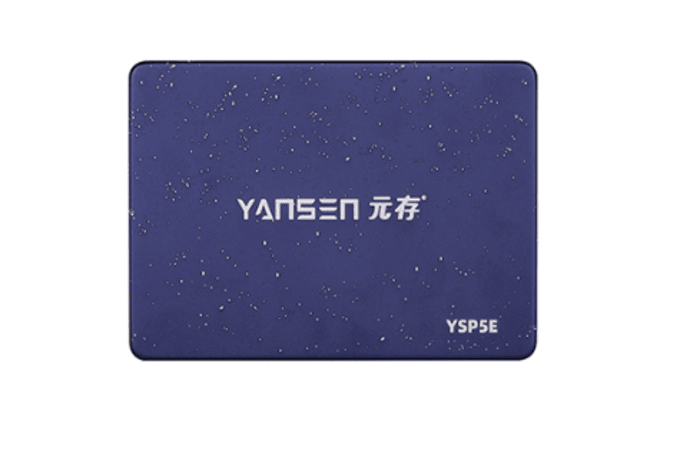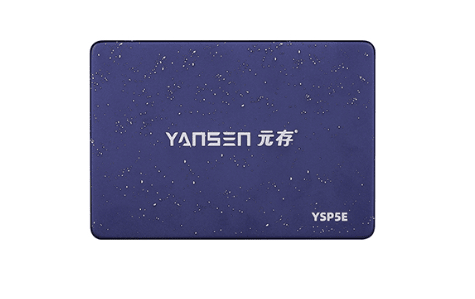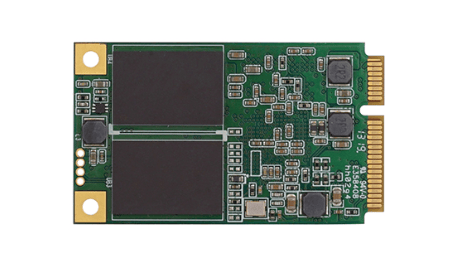News
Site Editor
 Site
https://kingspec.usa02.wondercdn.com/uploads/image/6307135a29359.png
Today, more and more such enterprise data centers are facing performance bottlenecks, and SSDs will likely be a viable option of storage solutions to improve data center performance, efficiency, and reliability, and reduce overall operating costs.
Site
https://kingspec.usa02.wondercdn.com/uploads/image/6307135a29359.png
Today, more and more such enterprise data centers are facing performance bottlenecks, and SSDs will likely be a viable option of storage solutions to improve data center performance, efficiency, and reliability, and reduce overall operating costs.
Enterprise vs. Consumer Solid State Drives
Views: 6879
Author: Site Editor
Publish Time: 2022-07-14
Origin: Site
Cost
Enterprise-level SSDs are more geared towards enterprise units. Compared with personal consumer SSDs, enterprise-level SSDs have lower cost requirements and pay more attention to data integrity, that is, they have strict requirements on data security. On the contrary, the consumer level pays more attention to the cost, and not so much to the integrity of the data, because personal computers have a certain degree of fault tolerance for SSDs, and the price is the key factor that dominates the market.
In the past, enterprise data centers relied on hard disk drives in their servers, usually mechanical hard disks, to meet high data throughput and low transaction latency. Today, more and more such enterprise data centers are facing performance bottlenecks, and SSDs will likely be a viable option of storage solutions to improve data center performance, efficiency, and reliability, and reduce overall operating costs.

Performance
Enterprise-level SSDs have high requirements for the real-time response of products and data security and stability. Enterprise-level SSDs are generally used as big data or unit platforms, and have certain requirements for SSD read and write speed and fast response. Consumer SSDs are mainly aimed at individual users, and products such as personal computers have a certain fault tolerance rate and broadness for SSDs. Therefore, the performance of SSDs for personal consumption is not very high.
Reliability
The factors that affect the reliability of SSDs include the self-predicted lifespan of SSD flash and naturally occurring error rate issues.
Enterprise SSDs support heavier write workloads, and more extreme environmental conditions, and recover from higher BERs than client SSDs.
During NAND flash production, each NAND flash die is tested for underlying bit error rate (BER or RBER) characteristics.
BER defines the rate of bit errors that naturally occur in NAND flash memory without the benefit of Error Correcting Code (ECC). The ability of the flash processor to correct these bit errors is illustrated by the uncorrectable bit error rate (UBER).

Durability
All NAND flash included in flash devices degrades the ability to reliably store data bits per program or erase (P/E) number of NAND flash cells until the NAND flash can no longer reliably store data. This type of flash should be removed from the user-addressable storage pool, and the logical address will be moved to a new physical address on the NAND flash array.
Since customer SSDs are typically only fully utilized 8 hours per day per week, enterprise SSDs must be able to withstand the heavy write activity typical of data center servers requiring 24/7 access to data, so enterprise SSDs are generally used SLC or MLC, consumer-grade generally adopts TLC or MLC and have QLC in the future.
The fundamental reason is that the former two (SLC, MLC) have higher particle stability. Secondly, the cost requirements of enterprise-grade SSDs are generally within a controllable range.
Consumer SSDs are generally dominated by TLC and QLC particles, which have natural disadvantages compared to SLC and MLC with higher stability coefficients and higher prices. However, it is undeniable that under the premise of the same memory, thousands of MLCs and SLCs are obviously not suitable for the individual consumers who occupy the huge storage market. And the result of condescension can only be a few buyers.
If you want to know about SSD, please contact our SSD experts immediately.
























